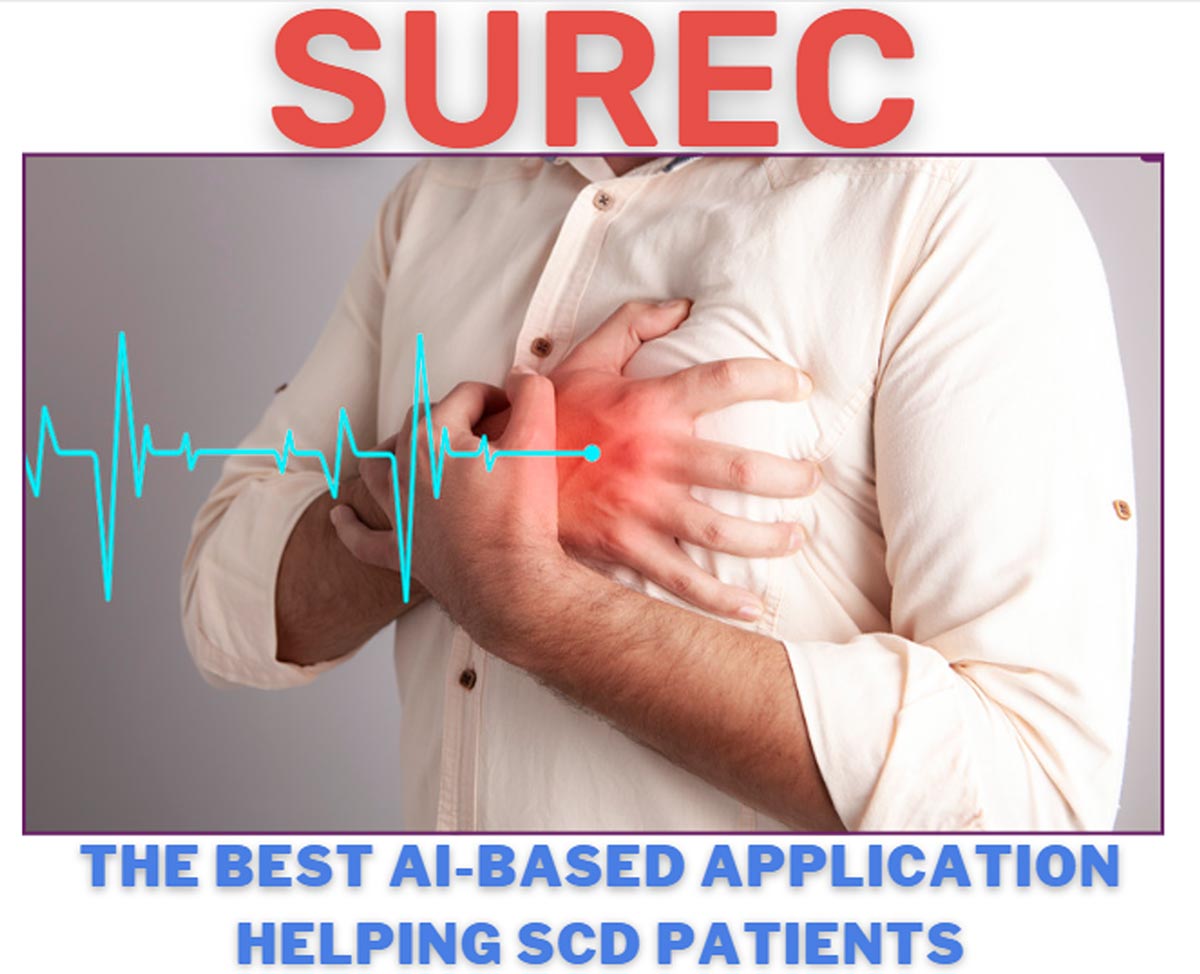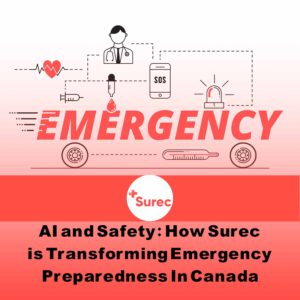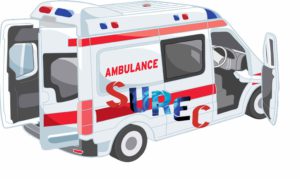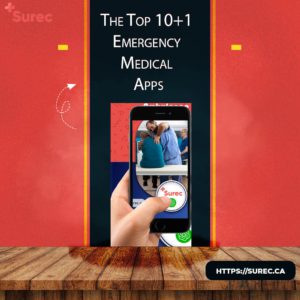EMS Technologies Canada
The development of EMS in Canada is at a pivotal point. Demographic and healthcare trends indicate the growing significance of EMS and emergency medicine to Canadians. EMS has the potential to provide higher-quality care thanks to better technology and more extensive training.
The field of emergency medical services, or EMS, is being improved by modern technologies, including driverless autos, medical drones, and artificial intelligence (AI). It’s beneficial to take a closer look at those technologies’ impact on emergency treatment in Canada and their potential future.
There are countless car accidents, home injuries, fires, and natural disasters every minute, if not every second. Such medical issues require prompt and effective treatment.
The Emergency Medical Services Chiefs of Canada (EMSCC) have established this statistical report to examine the current state of Emergency Medical Services (EMS) in Canada; identify and articulate appropriate objectives, roles, and vision for EMS in the future; and outline the public policy support that will be required for successful implementation of the redefined vision.
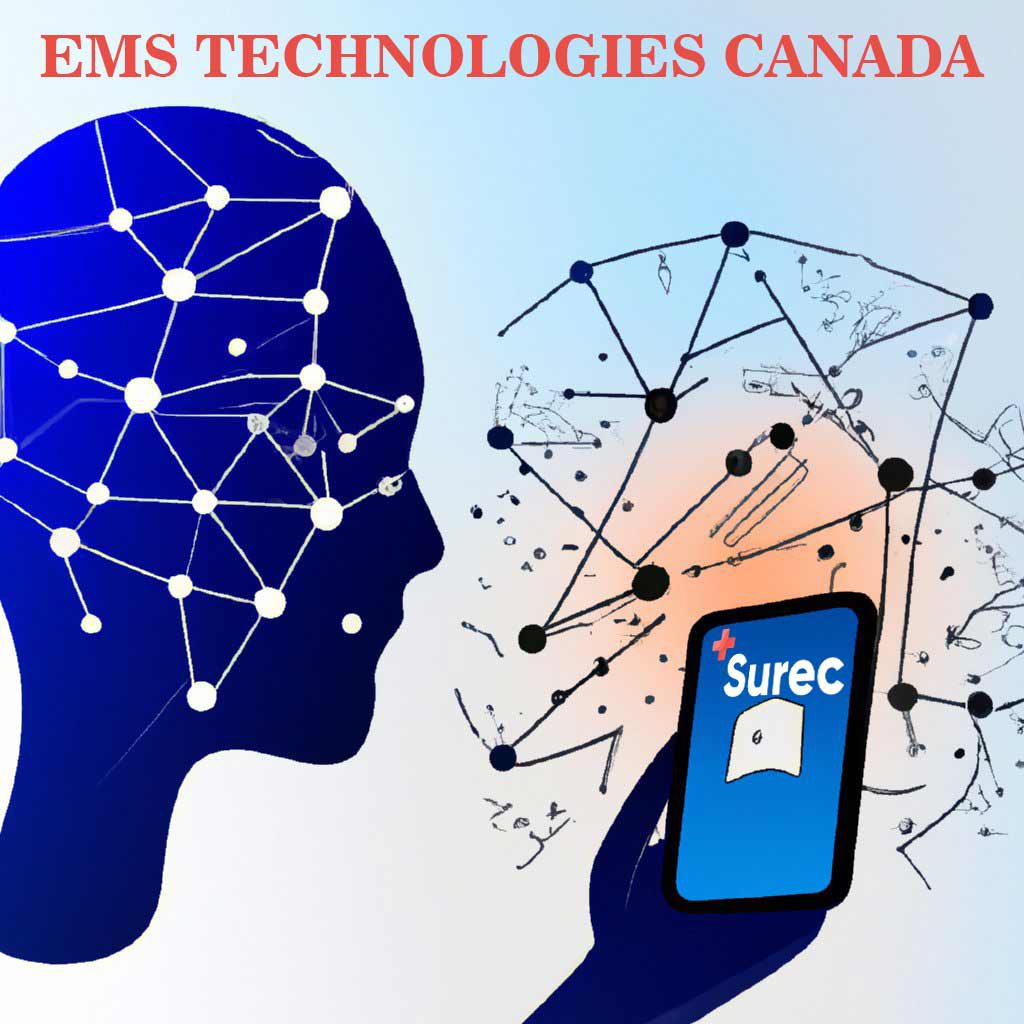
Sudden Cardiac Death Risk
Sudden cardiac death risk remains one of the most lethal injuries in accidents or other stunning circumstances, accounting for more than 35,000 fatalities annually in Canada. 85% of the time, cardiac arrest victims pass out in their homes, and a family member or bystander sees 50% of those collapses. Although the overall survival rate is low, survivors have a similar quality of life to the general population.
Cardiac Arrest Sudden Death
Although the overall survival rate for out-of-hospital cardiac arrest (OHCA) rarely exceeds 8%, survivors have a quality of life comparable to that of the general population. Bystander CPR increases a victim’s chance of survival by almost four times, but rates have remained low in Canada over the past ten years, only recently rising above 15–25%. Agonal breathing may be mistaken for a sign of life by 9-1-1 callers and telecommunicators, which is to blame for up to 50% of missed OHCA diagnoses. Telecommunication-assisted CPR instructions have been shown to increase bystander CPR rates significantly.
A significant global public health issue, sudden cardiac death (SCD) from cardiac arrest is thought to account for 15% to 20% of all fatalities.
Surec Helps Save SCD patients
Most people who experience a sudden cardiac arrest will not survive, even though global resuscitation rates are typically improving. SCD most frequently manifests in older adults with acquired structural heart disease, but it is also uncommon in the young, where inherited disorders are more frequently to blame.

If high-risk patients are not treated promptly, their chances of surviving or recovering well will diminish. After only 4 minutes of oxygen deprivation, lasting brain damage starts to develop, and death can happen as fast as 6–8 minutes later.
For first responders, emergency units, and paramedics in Canada and worldwide, digital health innovations that make patients the point of care could prove to be game-changers in this race against time. Time, therefore, can be a decisive factor in saving a patient’s life.
Surec is an artificial intelligence-based platform that can speed up the treatment of people who have suffered a heart attack (SCD) and thus greatly help in saving their lives.

